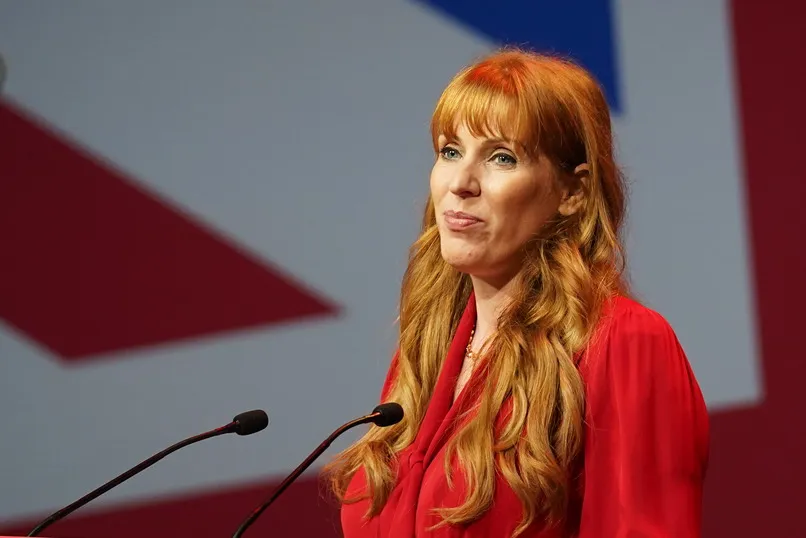Rayner defends plan to raise 18-year-old minimum wage despite business backlash


Angela Rayner is pressing ahead with plans to raise the minimum wage for 18–20-year-olds to match the adult rate, despite warnings from business groups that the move risks pricing young people out of work.
The Deputy Prime Minister has asked the Low Pay Commission to draw up proposals to scrap the £2-per-hour gap between the current minimum wage for 18–20-year-olds (£10) and those aged 21 and over (£12.21). The policy, backed by trade unions, forms part of Labour’s election pledge to “make low pay a thing of the past” and remove “discriminatory age bands”.
The move is also seen as part of Labour’s strategy to court younger voters amid polling gains by Reform UK. Last month, Rayner also set out plans to lower the voting age to 16 before the next general election.
Industry leaders say the policy risks accelerating youth job losses in sectors already hit by rising employment taxes. Kate Nicholls, chair of UKHospitality, said hospitality has shed 84,000 jobs in the past six months, partly due to the £25bn employer National Insurance rise introduced last autumn.
“We understand the Government’s objective of fair pay, but you can only have fair pay if you have a job that actually pays,” Nicholls said. “Now is not the time to make big jumps in employment costs.”
Pubs, hotels and restaurants – key employers of young people – have been “hammered” by the tax changes, she added, warning that the new wage rise could destroy even more entry-level jobs.
Jane Gratton, deputy director of policy at the British Chambers of Commerce, said almost one million young people are currently not in employment, education or training. “Employers want to help, but the rising cost of employment makes that very difficult for many firms,” she said. “If wages rise too fast in this age group, it could mean fewer opportunities.”
The business backlash has been intensified by Chancellor Rachel Reeves’ decision to lower the threshold for employer National Insurance contributions to £5,000, pulling more part-time workers into the scope of the tax.
Nicholls said the change is disproportionately affecting youth employment and part-time work. “All the warning signals on the labour market are flashing red. Now is the time for caution, not going too far,” she said.
Despite business concerns, new YouGov polling shows strong public support for equalising the minimum wage for over-18s. Two-thirds (67%) of respondents believe 18–20-year-olds should receive the same minimum wage as those aged 21 and above. Only 22% support a lower rate, while 11% are unsure.
Rayner insists the policy will boost disposable incomes and growth. “This remit is the next milestone in our plan to get more money in working people’s pockets, raise living standards in every part of the UK, and get our economy growing,” she said.
The Low Pay Commission is now tasked with setting out a path to align the youth and adult minimum wage rates. If implemented, the change would hand a pay rise to hundreds of thousands of young workers – but business groups warn it could also reshape the youth employment market.
Read more:
Rayner defends plan to raise 18-year-old minimum wage despite business backlash








